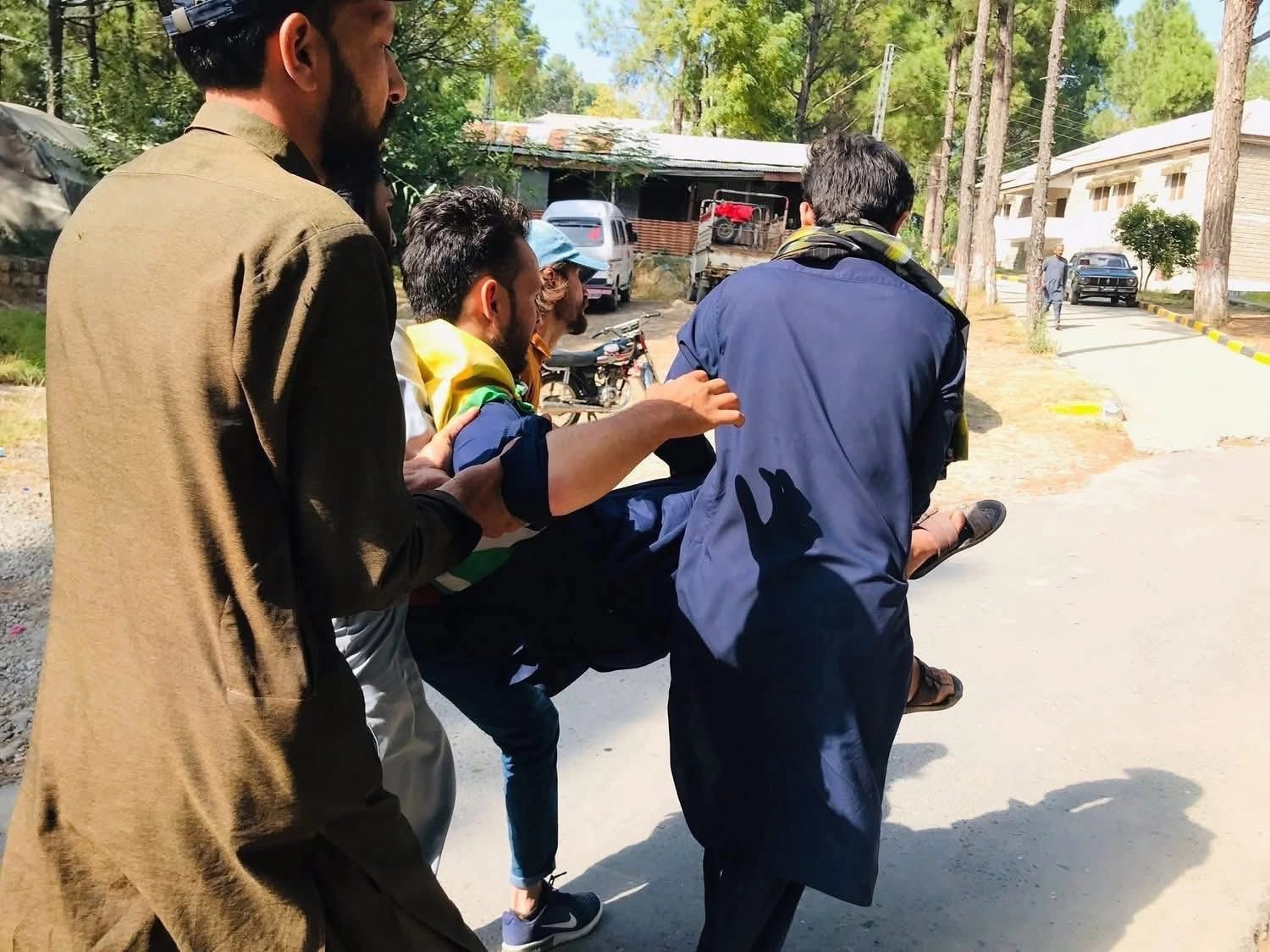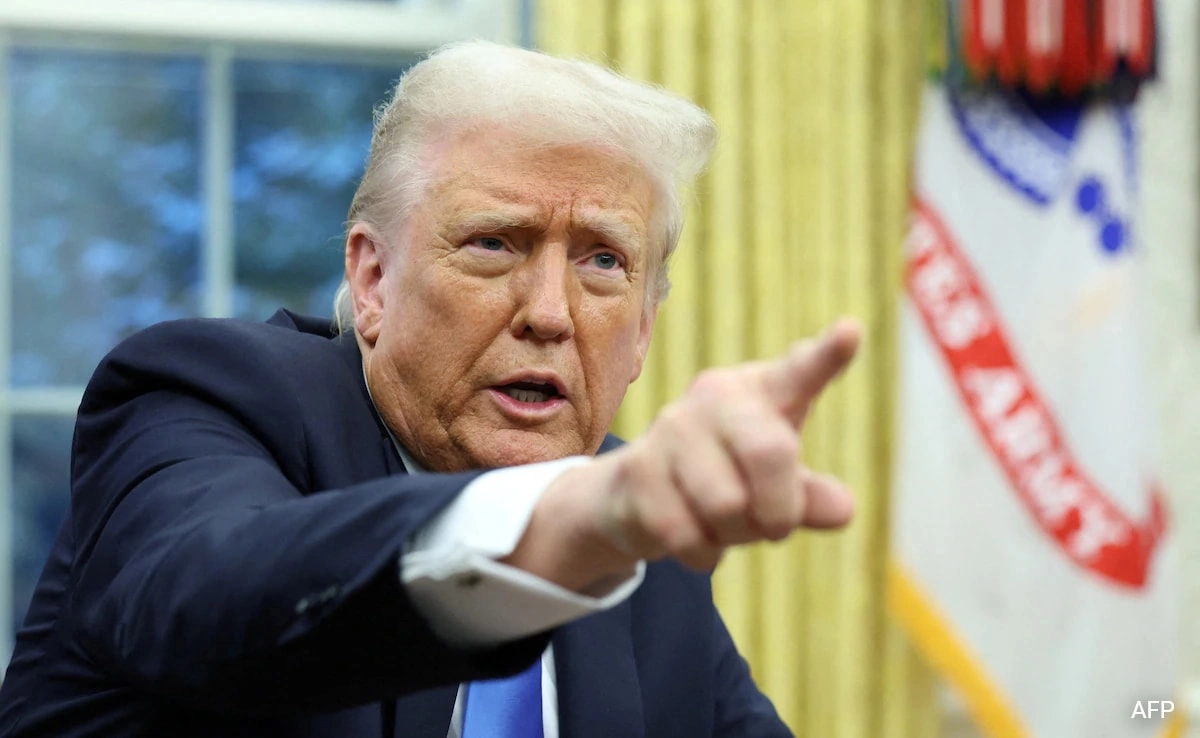In a recent surge of protests in Pakistan-occupied Kashmir (PoK), a prominent leader has taken a bold stand against the actions of the Pakistani government and military, likening their oppressive tactics to witch hunts targeting their own citizens. This metaphor not only underscores the severity of the situation but also highlights a deep sense of betrayal felt by the local population. The leader’s impassioned denunciation serves as a rallying cry for those who feel marginalized and oppressed under the current regime, calling for accountability and change.
The protests have gained momentum as citizens express their frustration over issues such as rampant corruption, lack of basic services, and the continuous violation of human rights. Many protesters believe that the Pakistani government, along with the military, is complicit in a systematic effort to silence dissent and suppress the voices of the people in PoK. This oppressive atmosphere has led to an increasing number of demonstrations, with citizens demanding a fair representation and autonomy over their own affairs. The leader’s remarks resonate with many who feel that the government is inflicting harm upon its own population rather than serving their interests.
Moreover, the use of the term “witch hunting” reflects the pervasive fear and distrust that has seeped into the relationship between the government and its citizens. It suggests a climate where individuals are persecuted for speaking out against the injustices they face. As the protests continue to grow, they serve not only as a platform for expressing grievances but also as a critical moment for the people of PoK to unite in their quest for self-determination and recognition of their rights. The call for change is louder than ever, emphasizing the need for solidarity among the populace to challenge the status quo and push for a future where they are no longer treated as subjects to be controlled, but as active participants in their own governance.




